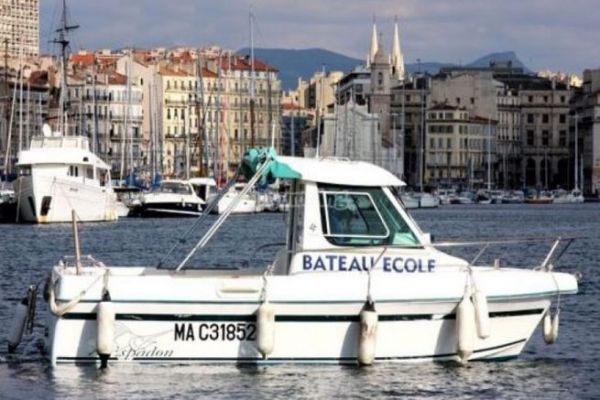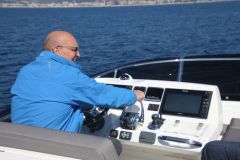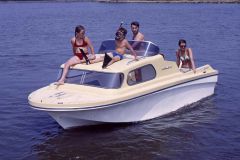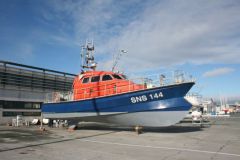End of the shortage of boating licence places
Long awaited and postponed, the reform of the boating license delegating to private operators the management of the theoretical exam finally saw the light of day on June 1, 2022. Nine months after its implementation, it seems to have fulfilled its first objective: to facilitate the presentation of candidates everywhere in France. Anna-Maria Bensa, manager of the Ecole de Marine de Plaisance de Marseille, summarizes: "Overall, we are breathing. There is no longer a lack of exam space. We can cater to the summer rush customers who want their license to rent 'tomorrow,' and also to pre-season professionals like sailing instructor's assistants."
Patrice Maudière of Paris Nautique agrees: "There was a saturation in Paris since 2008 with 15,000 requests per year and clients were going to the provinces. We had been waiting for this for a long time. There are no more traffic jams. We can respond. Since 2014, registrations for the season were over in May, everything was full. There were no transfers in August. Today we can open all summer. All we need is classrooms and boat slots."
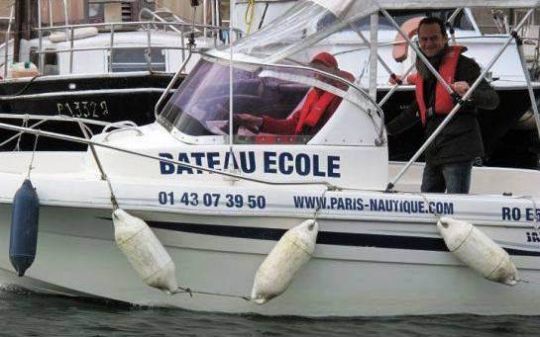
Easier registration for the candidate and the training boat
The managers interviewed also emphasize the practical advantages of the reform, for them as well as for the candidates. In Lyon, Patrice Loisil of Bateau-Ecole DEFIM emphasizes: "Even though in Lyon the situation had already improved a lot by the beginning of 2022, there is no longer a problem with delays. Candidates can choose the date and time and a center near them. It's a comfort for the candidates and the training ship."
On the Atlantic coast, Anthony Laminette of Bretagne Navigation in Lorient confirms the analysis. "It used to be a race to register candidates, almost like concert tickets. Sometimes I would stay until 11 p.m. to be sure. It's much easier now. We've lessened the mental load."
Administrative difficulties sometimes persist, as Anna Maria Bensa testifies. "The validation of the files is rather fast and we sometimes have good surprises with returns in only a few hours, but also files from December still blocked at the beginning of March, which is sometimes tricky to explain to the client."
The excessive accessibility of the exam even has some flaws for Defim Lyon. "You can instantly re-register to retake the exam a few hours later, which can be tempting. But I encourage candidates to sit down and rework it. It's not a lottery."
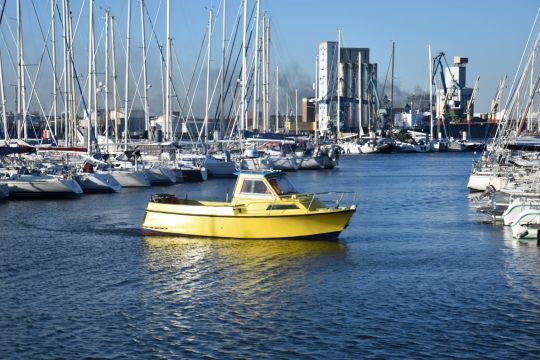
A stable success rate
The feedback from the schools varies. While some experienced a slight drop in the success rate on the exam, the level returned to almost the same level as before, despite the increase to 40 questions without changing the number of possible errors.
In conclusion, Anthony Laminette of Bretagne Navigation is pleased with this increase in requirements which he would like to see extended. "This makes for better prepared candidates. I hope there will be other reforms, with more theory and especially an increase in practice. Personally I do at least 4 hours on the water and not the minimum 2 hours legally. And if it's not mastered in that time, which is the case in 30% of the cases, we go back on the water."
